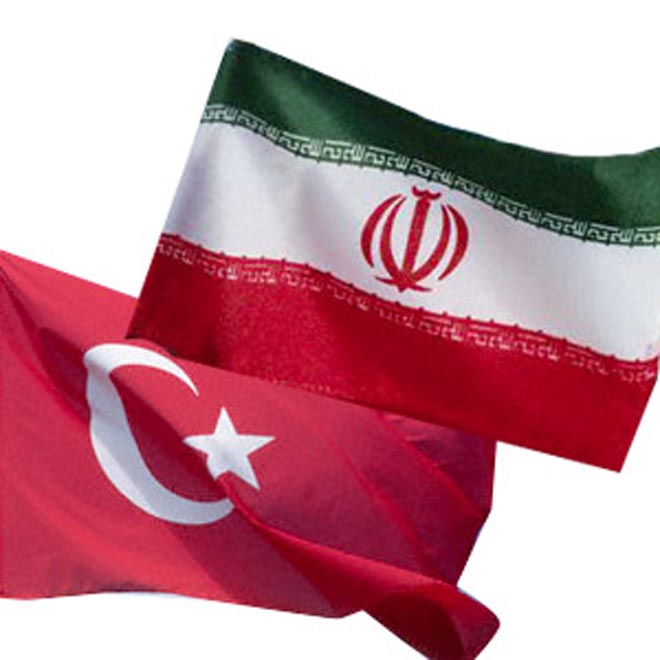Azerbaijan, Baku, Sept. 2 /Trend T.Konyayeva/
Turkey's consent to station a high-powered U.S. radar on its territory is not a friendly move by Ankara and poses a threat to Iran, Hassan Behishtipur, Iran's expert on the Caucasus, believes.
"Stationing the NATO and U.S. missile defense systems is not a friendly move by Ankara and poses a serious threat to Iran's national security," Behishtipur told Trend by phone.
Turkey has agreed to station the so-called X-Band radar at one of its military bases as part of a missile defense system to protect NATO allies from the threat of long-range Iranian rockets, The Wall Street Journal reported on Friday.
Negotiations with Turkey over hosting the radar started earlier this year and picked up pace in June.
According to Behishtipur, such a decision by Turkey could have a serious impact on relations between the two countries.
"Iran and Turkey are neighboring countries, and regardless of their willingness or unwillingness they should live side by side," he said. "The U.S. and NATO policies may change, while neighborly relations are kept forever."
Iran's reaction to Turkey's move will be sharply negative, Behishtipur underlined.
Two days earlier, Iran's Foreign Ministry spokesman Ramin Mehmanparast said Tehran sent Ankara its concerns over the issue, according to ISNA.
"Such a move would play into the hands of Israel and some foreign forces in the region," Mehmanparast said to his weekly briefing. "Iran expressed its concerns over the issue and asked Ankara to reconsider it as this program raises serious questions."
He added that Turkey is "a good neighbor to Iran and all problems will be solved through negotiations."
T.Jafarov contributed to the article.






